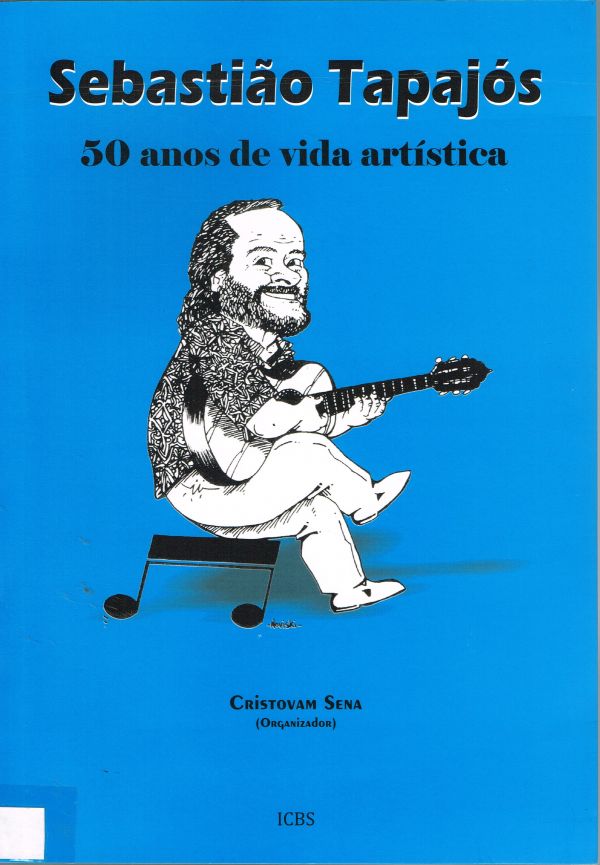.jpg)
Zeca BBC and the end of World War II
History records that in the early hours of September 1, 1939, the invasion of Poland by Hitler's troops marked the beginning of World War II. Considered the greatest conflict in the history of humanity, it lasted until 1945. The conflict was fought between the Allied countries: the United Kingdom, France, the United States and the USSR; and against the Axis countries: Germany, Italy and Japan. The war killed approximately 60 million people, not to mention the material destruction that occurred in the countries involved. It was also marked by the horrors of the Holocaust, which took the lives of approximately 6 million Jews in German concentration camps.
I will not dwell on the development of this war, which took place far from Santarém and is available in history books and on Google. However, even from a distance, it managed to shake up the structure of some families who lived here. German and Japanese immigrants were viewed with suspicion by the population and the government itself, since Brazil was on the side of the Allies. In an attempt to resolve the conflicts, in 1943, a concentration camp was created in the city of Tomé-Açu, where Japanese and Germans were taken, who returned to their cities after the end of the war. This was the case of the patriarch of the Meschede family, in Santarém.
The end of the war happened on May 8, 1945, exactly 75 years ago, and was announced with euphoria to the people of Santarém by the mechanic José da Costa Pereira, famous Zeca BBC, a figure that Emir Bemerguy would have liked to have profiled so that it would be immortalized in that gallery of "Reader's Digest Selections", entitled "My Unforgettable Type".
On September 1st and 2nd, 1988, in the company of our friend Emir, we collected Zeca BBC's testimony for the Santarena Memory Project, a testimony that in 2011 was transformed into the book "Zeca: the BBC of Santarém".
Lúcio Flávio Pinto wrote the preface to the book, as Zeca BBC described it:
"He was the most curious man I ever met. A stocky man, who walked in a hurry, always in his blue overalls, all the top buttons unbuttoned, showing off his hairy chest, in a natural and careless way. He walked in a hurry, as if he were going to do something urgent. But he would suddenly stop and spend a long time talking, as if his life was permanently available. He was the master of his own destiny, his own time, his own space, his own history."
"Pleasure was the beginning and the end of everything he did, whether in the job that guaranteed his survival, or in fun – the two dimensions of doing things often combined. In a way, in the city, he was something equivalent to Professor Pardal, a comic book character created by Walt Disney, always adapting, adjusting or even inventing. The difference is that he had a playful, satirical and mocking brand, typical of the Amazonian country boy, incapable of reducing his activity to dollar signs or any other numbers. Material goods, money, fame and other elements of status were unknown to Zeca BBC."
Zeca's human side was truly remarkable, a striking feature of his ethical stance that made clear the importance he gave to his fellow men, without distinction of color, race or creed.
Zeca's mechanic's shop was located in front of Praça do Pescador, next to Casa Feliz, owned by Abelardo Gentil. On a May morning in 1966, after a rainy night, the owner Abelardo, Phebus Dourado, Zeca BBC and his brother Joaquim da Costa Pereira were gathered in front of Casa Feliz to talk.
Someone passes by and gives them the news: the front of Mr. Phebus' house has collapsed. Joaquim Pereira asks Abelardo to call Phebus' house to check if the news is true. Abelardo goes into the store, calls, and the person who answers at Phebus' house is Zeca BBC. When he heard the news, he immediately went to help his friend Phebus' family. That's how he was!
José da Costa Pereira became known as Zeca BBC after he bought a battery-operated radio. He began listening to the BBC in London every day. In 1938, he heard the station's first broadcast to Brazil. During the war, as he had a good memory, he listened to and passed on the news to his friends. He earned the nickname Zeca BBC.
As he listened to the BBC in London every day, on May 8, 1945, a Tuesday, he had the opportunity to give the fantastic news to the people of Santarém, first hand, that the war had come to an end. Zeca ran out of his house towards the Mascote Bar, shouting in the street that the war was over. Soon his friends Abraão Serruya, Fernando Veiga dos Santos, and Moacir Bandeira de Melo approached, and were joined by several curious onlookers. Led by Zeca BBC, they went on a parade through the streets of the city in a true frenzy, with the satisfaction of announcing the end of World War II.
During our interview with Zeca, Emir said that he was a 12-year-old boy in 1945, and that on that day, May 8th, he was near Bar Mascote, and witnessed the announcement of the end of the War.
Unfortunately, no images remain of this moment that marked the lives of Zeca BBC and those who participated in the Allied victory march. I can only imagine the unusual scene of the announcement of the end of this war in Santarém, which for Sir Winston Churchill, Prime Minister of the United Kingdom during the Second World War, "This is not the end; it is not even the beginning of the end; but perhaps it is the end of the beginning."
When the fact that Zeca BBC had listened to the first BBC Radio broadcast from London to Brazil in 1938 came to the attention of the broadcaster, he was contacted by BBC announcer Maria Costa Pinto, who interviewed him by telephone. The interview aired on August 16, 1988, on that date the broadcaster completed 50 years of uninterrupted broadcasting to Brazil, and the interview was the way they found to pay tribute to their famous listener: Zeca BBC.
José da Costa Pereira was born on September 18, 1919.
He died on August 23, 1996.


.jpg)
Escreva um comentário